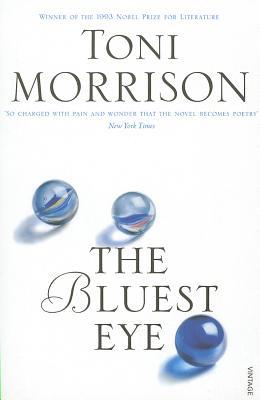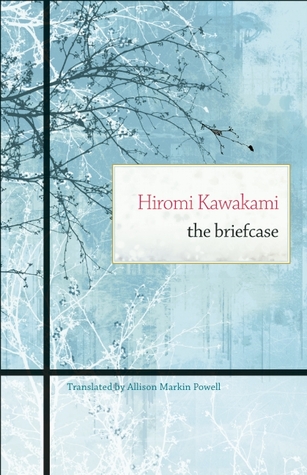The End of the Summer
(from Poems of Sentiment: 1909)
The birds laugh loud and long together
When Fashion's followers speed away
At the first cool breath of autumn weather.
Why, this is the time, cry the birds, to stay!
When the deep calm sea and the deep sky over
Both look their passion through sun-kissed space,
As a blue-eyed maid and her blue-eyed lover
Might each gaze into the other's face.
Oh! this is the time when careful spying
Discovers the secrets Nature knows.
You find when the butterflies plan for flying
(Before the thrush or the blackbird goes),
You see some day by the water's edges
A brilliant border of red and black;
And then off over the hills and hedges
It flutters away on the summer's track.
The shy little sumacs, in lonely places,
Bowed all summer with dust and heat,
Like clean-clad children with rain-washed faces,
Are dressed in scarlet from head to feet.
And never a flower had the boastful summer,
In all the blossoms that decked her sod,
So royal hued as that later comer
The purple chum of the goldenrod.
Some chill grey dawn you note with grieving
That the King of Autumn is on his way.
You see, with a sorrowful, slow believing,
How the wanton woods have gone astray.
They wear the stain of bold caresses,
Of riotous revels with old King Frost;
They dazzle all eyes with their gorgeous dresses,
Nor care that their green young leaves are lost.
A wet wind blows from the East one morning,
The wood's gay garments looked draggled out.
You hear a sound, and your heart takes warning -
The birds are planning their winter route.
They wheel and settle and scold and wrangle,
Their tempers are ruffled, their voices loud;
Then whirr -and away in a feathered tangle,
To fade in the south like a passing cloud.
Envoi
A songless wood stripped bare of glory -
A sodden moor that is black and brown;
The year has finished its last love-story:
Oh! let us away to the gay bright town.
Ella Wheeler Wilcox
(1850-1919)
 1 January - 31 December 2015
1 January - 31 December 2015





















